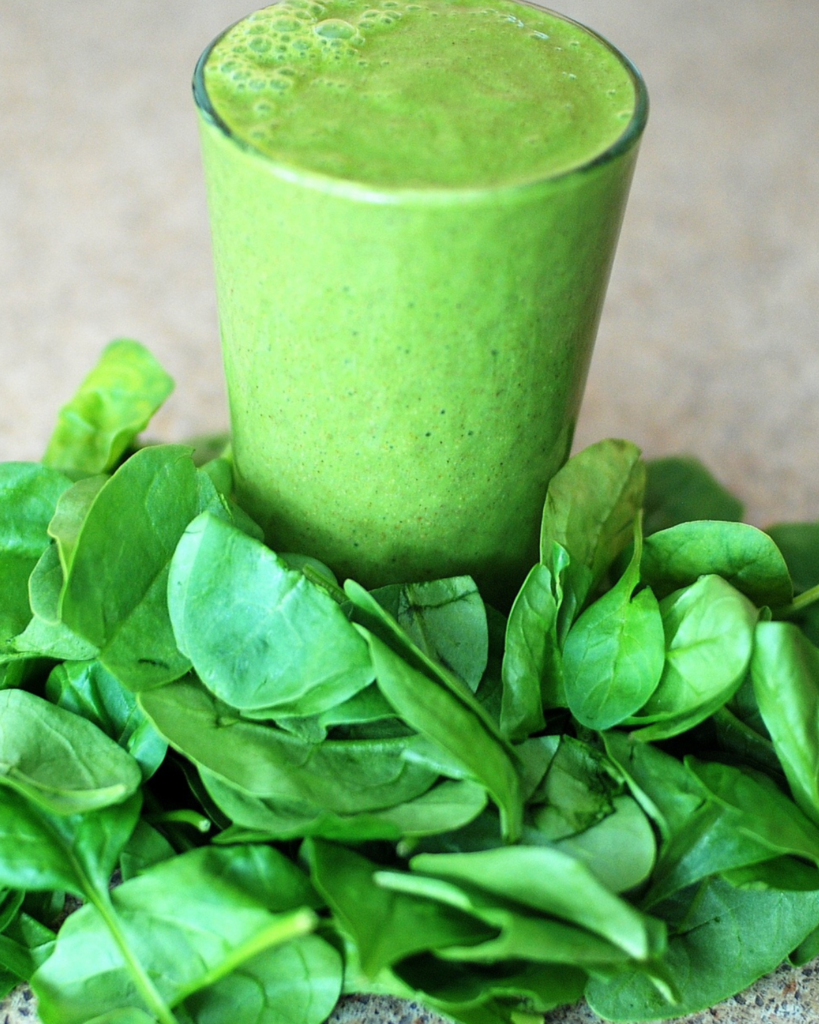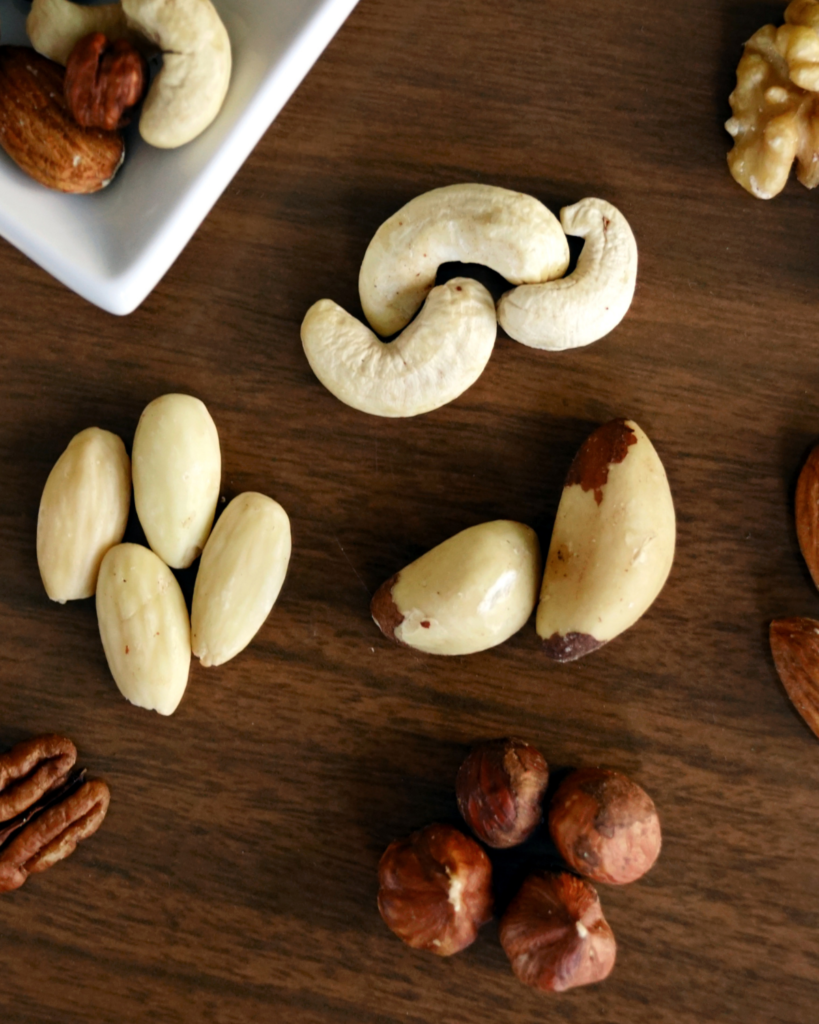Eat to Replenish Your Neurotransmitters
Oct 28, 2020
Neurotransmitters are chemicals that release into our brains to allow for proper functioning. When we are not eating enough foods that help to keep neurotransmitter levels where they need to be, then we are unable to feel our best.
You want to be sure to eat foods that give your brain plentiful reserves of neurotransmitters, chiefly serotonin, dopamine, and gamma-aminobutyric acid (GABA).
- Serotonin: Serotonin is known as one of the brain’s “happy chemicals.” If you have a shortage of serotonin, you may feel sad, depressed, or generally low; have low energy; experience negative thoughts; crave sweets and comfort foods; lose interest in sex; or be tense, irritable, and anxious. About 95 percent of the serotonin your body needs to function is produced inside your gastrointestinal tract. The good news is that once your gut is healthy and your microbiome is balanced, then all you need to do is eat the right foods and supplements to replenish your serotonin levels. The good news is you can raise your serotonin level from food or supplements.
How to increase it: To be clear, you can’t get serotonin directly from food, but you can get tryptophan, an amino acid that’s converted to serotonin in your brain. There have been many studies that link the effects of tryptophan to improvements in affective (mood) disorders. A 19-day study of 60 women aged 45 to 65 found that 1 gram of tryptophan per day led to increased energy and improved happiness. (1)
Foods that contain an abundance of the amino acid tryptophan are chicken, turkey, eggs, organic dairy (such as cheese and milk), fish, peanuts, pumpkin seeds, sesame seeds, spinach, parsley, watercress, cremini mushrooms, beet greens, bamboo shoots, and asparagus.

- Dopamine: Dopamine is another of the brain’s feel-good neurotransmitters. As part of the brain’s reward system, it’s released when we do things like eat food that we crave or have sex. It is also associated with our sleep-waking cycles. This important neurochemical boosts mood, motivation, and focus and helps regulate our emotional responses. People with low levels of dopamine may be more prone to addiction. A person seeking pleasure via food, drugs, or alcohol needs higher and higher levels of dopamine to take the same pleasure in the reward. (2) It’s a vicious cycle, one that I know very well because, for a time, I was addicted to sugary foods and fast foods. If you suspect that you are suffering from dopamine deficiency, consult your doctor. Dopamine levels are easily checked with a simple blood or urine test. A person’s mental health, including anxiety and concentration, can be affected even by slightly low levels of dopamine! If you have an addiction to anything, you could have a deficiency in dopamine that you’re unaware of.
How to increase it: There are ways to increase your dopamine levels naturally with food, supplements, and self-care activities. You can supplement with tyrosine, an amino acid that converts to dopamine in the body. Foods rich in tyrosine include seeds, nuts, beans, lentils, organic dairy (e.g., milk and cottage cheese), grass-fed meats, fish (e.g., salmon, orange roughy), egg whites, turkey, chicken, shrimp, and non-GMO soy. Also, fruits of the Musa genus (e.g., bananas and plantains) and the Persea Americana species (avocado) contain high levels of both tyrosine and tryptophan, so they are good for replenishing dopamine and serotonin.3
A restless night can reduce your dopamine reserves drastically, so proper sleep is important for reducing anxiety. Remember that sleep, as well as exercise, fuels dopamine production. Stress, on the other hand, drains the brain of dopamine, so do what you can to reduce stress.

• GABA: Anxiety signifies a dysregulation of the nervous system. Normally, GABA counterbalances the actions of the excitatory neurotransmitter glutamate. They are paired; one ramps us up, and the other calms us down. Without GABA, we are in go mode. So when we drink a caffeinated beverage like coffee, which gives us a jolt of energy, the release of GABA is being inhibited in the brain. A deficiency of GABA can lead to anxiety, stress, insomnia, trouble concentrating, forgetfulness, and depression; it’s even been linked to substance abuse. (4)
How to increase it: If you want to replenish your reserves of GABA, then you should know about theanine and arginine, two amino acids that boost the action of GABA. GABA is considered a dietary neurotransmitter because, although it is made in the brain, it is also present in some of the beverages we consume, like tea (especially green tea), and in some of the foods we eat, such as beans (fava, soy, lentil, and others), walnuts, citrus fruits, fish (halibut, shrimp), broccoli, potatoes, tomatoes, and berries. Also, try fermented foods, which are rich in probiotics, like kimchi, sauerkraut, and kefir. Many traditional foods produced by microbial fermentation contain GABA. The main precursor nutrient of GABA is glucose, which is plentiful in healthy carbohydrates.

GABA supplements are also available, but there are other ways to increase your levels. Consider supplementation with vitamin B6, a cofactor in the synthesis of GABA, and with probiotic bacteria. Lactobacillus strains such as L. rhamnosus, L. paracasei, and L. brevis, and Lactococcus lactis are said to be ideal.5
Caution: If you are taking prescription medication, GABA supplements may be contraindicated. Check with your doctor first.
Resources:
1. R.P. Mensink and M.B. Katan, “An Epidemiological and an Experimental Study on the Effect of Olive Oil on Total Serum and HDL Cholesterol in Healthy Volunteers,” European Journal of Clinical Nutrition, vol. 43, supp. 2 (1989), pp. 43–8, PMID: 2557203.
2. “Dopamine,” Psychology Today (accessed April 17, 2020), https://www.psychologytoday.
3. M. Briguglio, et al., “Dietary Neurotransmitters: A Narrative Review on Current Knowledge,” Nutrients, vol. 10, no. 5 (May 13, 2018), p. 591, doi: 10.3390/nu10050591.
4. M.J. Breus, “3 Amazing Benefits of GABA,” Psychology Today (January 3, 2019), https://www.psychologytoday.
5. N. Collier, “Top 5 Tips for Boosting GABA,” Wellnicity.com (accessed May 12, 2020), https://www.wellnicity.com/


